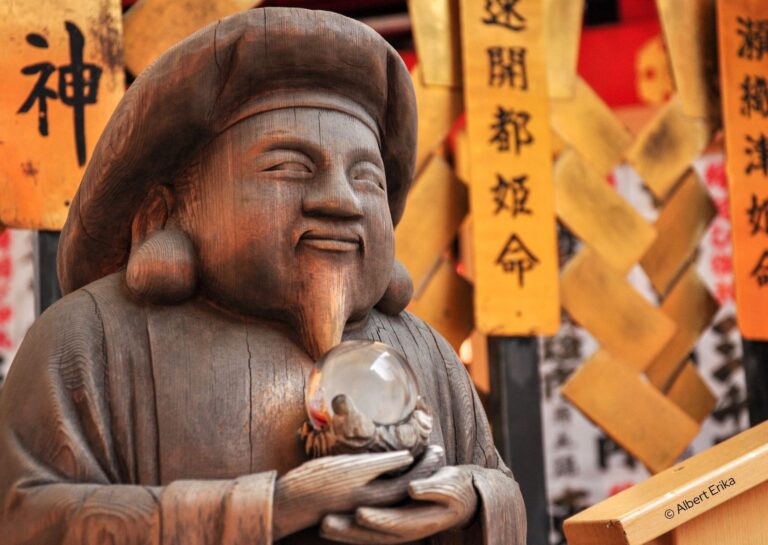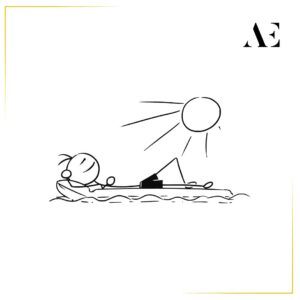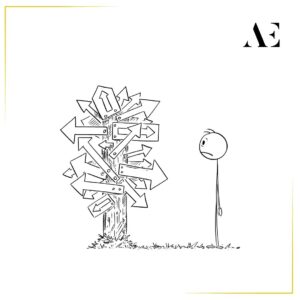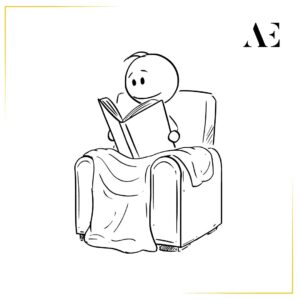RESILIENCE RELOAD
... about safety nets
So why has resilience become the buzzword of the pandemic? You would think it’s just one of those fads, that pop up and then quickly disappear, but no… Seems that this too, like COVID, is here to stay.
What we need to be resilient, is to have and overall good feeling. A sense of security, that no matter what comes, we will get past it. This means health, finances, social connections. We all know, that we work best, when our needs are met. Physical and psychological. We are less stressed, we feel safe, thus we are able to bounce back quickly, if we take a fall.
Let’s assume, that during these times, we won time for ourselves to become more healthy, having time to exercise more and prepare healthier meals. Also, our finances in most cases were showing a positive trend in savings. Not being able to travel, go out or spend the weekend strolling through malls, gave us the opportunity, to become safer on the financial side.
Apparently the only aspect that took a heavier toll was our social life. Cruising along the labyrinth of virus mutations, we not only re-learned the greek alphabet, but we got more and more disconnected with each wave that hit us. Schools started closing sooner, self-isolation became the go-to excuse for every social interaction we were trying to avoid, and work-life just seems to not want to return to normal (like ever…).
So what does this have to do with resilience? Resilience, as I said, is nothing more than feeling safe. And this has a lot to do with our social network and the strength of that social network. If I now focus strictly on the workplace, how does my disconnect connect to me being constantly stressed? Quite easily. In our days of “dehumanisation” it’s very easy to loose the focus on why some corporate functions have developed to be necessary.
With the great digitalisation (which in most cases truly is great!), we fell into the trap of digitising even that, what we shouldn’t have. The best example is the “revolution” of some HR functions. With chatbots on the rise, the human part of HR got replaced with endless tickets and queries, that are simply frustrating by their pure existence, as we are all longing for human connection when turning to HR. It might work, if we only need information on a policy update, but let’s be serious. It’s never just that…
I remember the days, when having a meeting with my HR partner included me crying on her shoulder, getting hugs and having her listen to me during hard times. That is what gave me a feeling of security at work. It was a safety net, that I know was there to catch me when I fall. How does this translate to today’s methods? Endless replies from a bot telling me that I have uploaded the wrong file or have a misplaced comma? These are nuisances that no one needs, especially not in a time when I need support. Like reporting the death of a family member.
Small nuisances like these build up over time, and eventually lead to burnout. So this is probably the reason, why resilience is still a buzzword. It is seen as a cure for burnout. Which might be, but cannot simply be solved by focusing on the individual being more resilient. Our social connections are key to our resilience. Having good family relations gives me the safety, that in times of need, I have where to turn. Same should be true for the workplace. Psychological safety should be maintained by strengthening the social connections at work and not weakening them, even if the pandemic gave us a very good (however weak) excuse to loose focus of this fact.
A single arrow is easily broken, but not ten in a bundle.
- Japanese proverb
I was quite happy to hear, that in most Japanese companies, there is no such thing as mandatory home office during the pandemic. In Japanese culture, social connections are highly valued. And not just because of their rigid protocolar ways, but because they realise the positive benefits of having friends you can rely on. The best example for this, are the moais on the island of Okinawa. Okinawa, being one of the five blue zones on the planet, has one of the highest population of centenarians on the planet.
Most are part of moais, which are groups of friends, who were grouped together at birth. They meet almost every day to play, drink tea or simply gossip. But besides these mundane tasks, they all know, that if sh*t hits the fan, this group is there to support them morally and financially. The presence of such a safety net in their life is a huge relief. This can reduce stress levels in such a manner, that it becomes a major contributor to health and longevity.
So I say, that even in our work lives, we all need our moais. The safety net offered by true, trustful relations is that, which will increase our levels of resilience.




